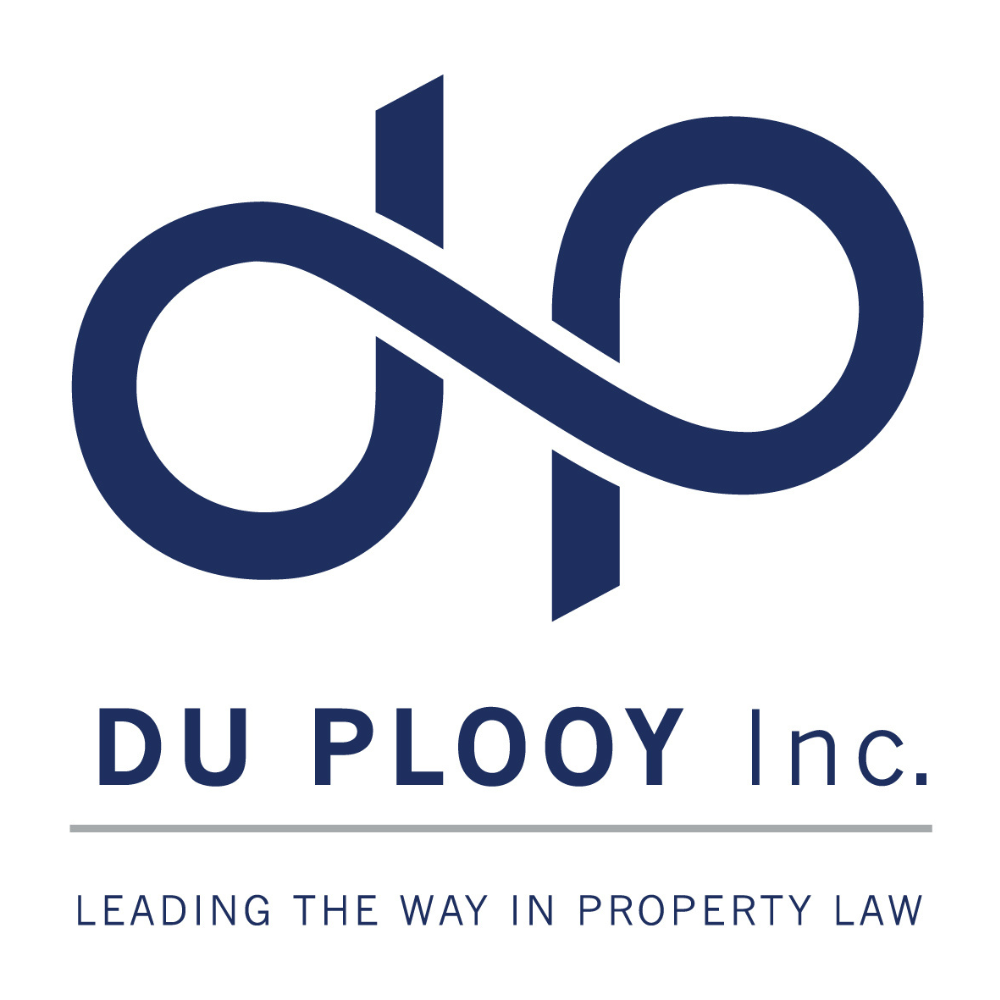Owning property can be incredibly rewarding, but it also comes with its fair share of legal complexities. From navigating the intricacies of evictions to resolving contentious boundary disputes and understanding the legal framework for property development, property owners and investors alike face a myriad of legal challenges.
This blog is your guide to navigating these complex issues. We will delve into the legal aspects of: Evictions, Boundary Disputes and Property Development. Whether you're a homeowner, a landlord, a property developer, or simply someone interested in understanding your property rights, this blog will provide valuable information and insights to help you make informed decisions and navigate the legal landscape with confidence.
3 common property-related legal issues
1. Evictions
Evictions, the legal process of removing someone from a property, can stem from various situations. Rental evictions are the most frequent, typically arising from lease agreements. Common grounds for eviction include non-payment of rent, violating lease terms (such as excessive noise or unauthorised pets), or engaging in illegal activities on the premises. Mortgage evictions, also known as foreclosures, occur when a homeowner fails to make their mortgage payments.
This can lead to the lender seising the property and selling it to recoup the outstanding debt. Evicting illegal occupants involves removing individuals who reside on a property without proper legal authorisation or the owner's consent. This can include squatters or those who overstayed their welcome after a temporary arrangement. It's crucial to understand the specific legal procedures and tenant rights within your jurisdiction before initiating any eviction process, as these laws can vary significantly.
2. Boundary Disputes
Boundary disputes, unfortunately, are a common occurrence in property ownership. They stem from various sources, including vague or conflicting property descriptions in deeds, historical inaccuracies in land surveys, and even deliberate encroachments by neighbors. For instance, a fence might be erected slightly over the actual property line, or a shed might be built on disputed land. These discrepancies can lead to significant tension and legal battles, impacting property values and causing emotional distress for the involved parties.
Resolving these disputes often requires careful consideration and a multi-faceted approach. Negotiation between the affected parties is always the preferred starting point, fostering amicable solutions and preserving neighborly relations. However, when direct negotiation fails, mediation can be a valuable tool. An impartial mediator facilitates communication, helps parties understand each other's perspectives, and guides them towards a mutually agreeable resolution. In some cases, legal intervention may become necessary, involving surveyors, lawyers, and potentially even court proceedings to establish clear property boundaries and enforce legal rights.
3. Property Development
Property development projects navigate a complex web of legal and regulatory hurdles. Zoning laws dictate permissible land uses, ensuring compatibility with surrounding areas and the overall community plan. These regulations may restrict building height, density, and even the types of businesses allowed to operate within a specific zone. Building codes are paramount for public safety, mandating adherence to structural integrity, fire safety, and accessibility standards.
This ensures that the built environment is not only aesthetically pleasing but also safe and functional for its occupants. Environmental regulations are crucial for preserving natural resources and minimising the project's impact on the ecosystem. Developers must often undergo environmental impact assessments, obtain necessary permits, and implement mitigation measures to address potential concerns such as pollution, habitat destruction, and resource depletion. Navigating these legal requirements effectively is critical for the successful and responsible execution of any property development project, ensuring compliance, minimising risks, and ultimately creating a sustainable and valuable asset for the community.
Finding Solutions with Du Plooy Inc.
The world of property law can be intricate and fraught with potential pitfalls. From navigating complex contracts to understanding zoning regulations and resolving disputes, property owners and investors face a myriad of legal challenges.
Du Plooy Inc. is a team of experienced property lawyers dedicated to providing comprehensive and personalised legal services to individuals and businesses across South Africa. At Du Plooy Inc., we understand the importance of clear communication, proactive problem-solving, and achieving the best possible results for our clients. We are committed to providing accessible and affordable legal services tailored to your specific needs. Contact us today.






